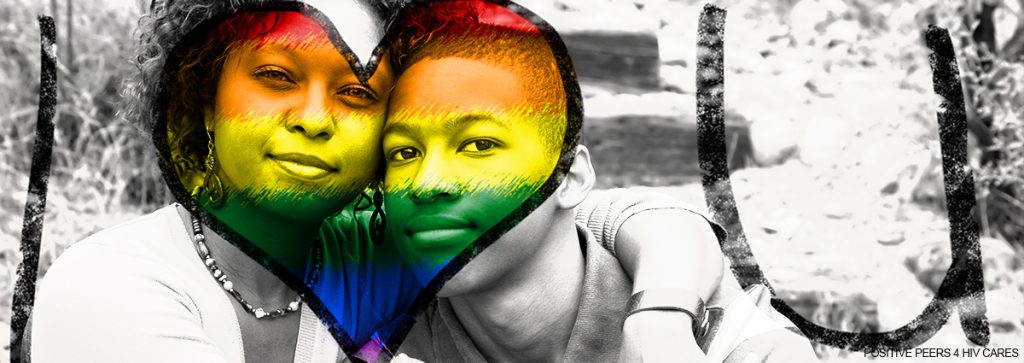
By: Jennifer McMillen Smith, LISW-S, HIV Social Worker at MetroHealth Medical Center and medically reviewed by Ann K. Avery, MD, Infectious Disease Physician at MetroHealth Medical Center
Your perspective on parenting may change a little bit when you find out your child is a part of the lesbian, gay, bisexual, transgender, or questioning (LGBTQ) community.
Parents try to teach their kids to do the right things and avoid the wrong things. If your 14-year-old son tells you he’s attracted to boys or feels like he’s really a girl, you might feel like maybe he’s making a mistake you need to correct.
Here’s the problem with that point of view: Kids don’t choose their sexual orientation and gender identity. They live it.
They’re not wrong or misguided. There’s nothing for you to correct.
So, being a loving and supportive parent means that you can accept your child’s LGBTQ identity rather than fight it. Try not to worry if you feel confused or overwhelmed. That’s only natural.
These tips can help you figure out how to adapt to your child’s reality as being a member of the LGBTQ community:
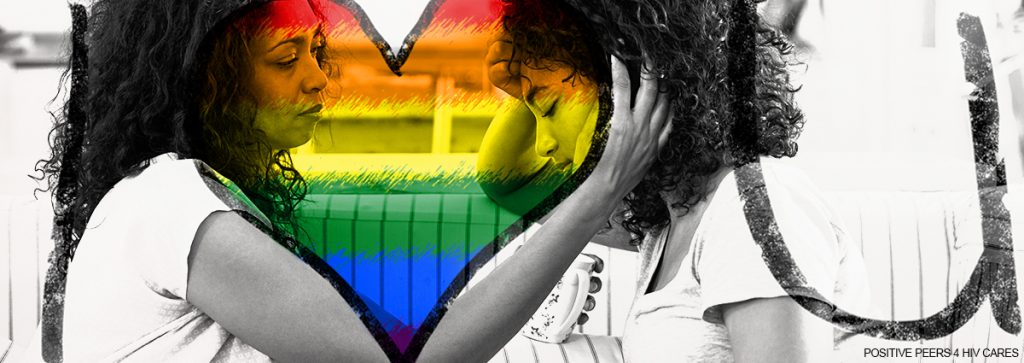
Loving your child should always be the first priority
Everything you do or say in the presence of your child has an impact. Your moods, opinions, and life goals all play a role.
Remember, your child is probably having a tough time figuring everything out. They live in a world of stigma and discrimination against LGBTQ people. At school, they might face shaming or bullying. That may be more reason that you want to “protect” them by telling them that they’re confused or making a mistake, but that actually does even more damage in the end. They’re coming to you as someone they trust and love — and they may not have many people they can confide and feel safe with.
Right now, it’s crucial to show you’re on the side of your child, standing with them against all the people trying to judge or dehumanize them. They need an environment that fully supports their identity and sexuality — and gives them the room they need to grow.
As a parent, you need to be all in on loving and supporting your child. It’s not always going to be easy because young and immature people tend to make bad decisions. But they still need your guidance and corrections to keep them on the right path. Just make sure you’re not “correcting” things that can’t and shouldn’t be “fixed,” like sexual or gender identity.
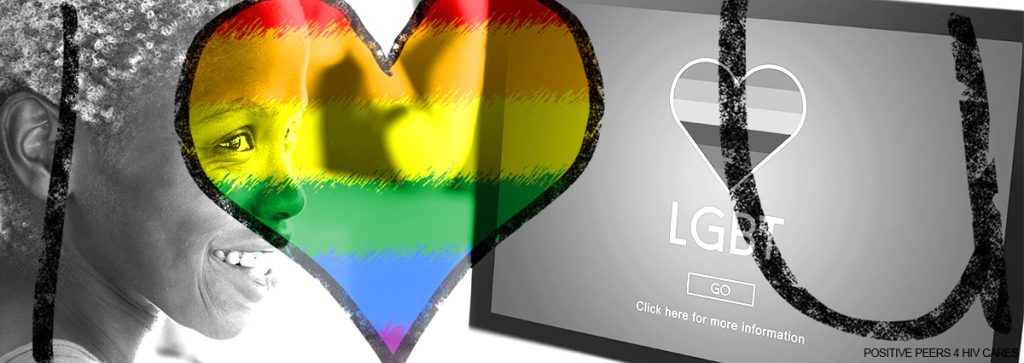
Get involved, get educated
You don’t have to join every LGBTQ group out there. But you can spend some time connecting with other parents of LGBTQ kids and getting educated on gender and sexual-identity issues.
These Positive Peers blog posts can help you out:
- Assigned sex, gender identity, and everything in between
- Gay? Straight? Bisexual? Understanding your sexuality
- HIV prevention for the transgender community
- How discrimination laws affect Ohio’s LGBTQ community
The more you learn, the less likely you’ll be to say and do things that make life tougher for your child.
Keep in mind that no matter how much you love your child, you can’t protect them from every insult or unkind word. You also need to give them their space. It’s their life; you can’t live it for them.
Come join our private, stigma-free, supportive community.
Health management tools with medication & appointment reminders.
Social networking in a community conversation & private chats.
Be a good listener
Right now, your child has a million thoughts running through their head. They have all the insecurities of youth in addition to anxiety about revealing their identity or gender difference.
Talk to your child and find out what they’re feeling. Draw out their opinions and ask them why they feel the way they do.
The challenge here is asking questions that safely draw out their feelings without being hurtful. Don’t ask questions that make your child feel judged or belittled.
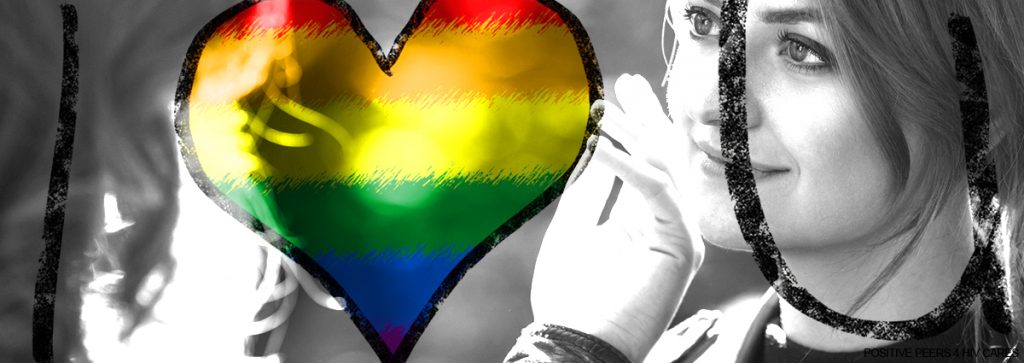
Choose your words and actions carefully
You don’t have to feel like you’re walking on eggshells around your child, but you should try to avoid saying and doing hurtful things.
Helpful/supportive things to say or do:
- “Tell me more, I want to understand.”
- “I’m so glad you told me.”
- “I love you.”
- Show them you love them.
Unhelpful/hurtful things to say or do:
- “It’s just a phase.”
- “How did you decide?”
- “What did I do wrong?”
- Aggressively belittle, criticize, judge, etc.
- Deprive them of warmth and affection.
- Blame them for getting bullied.
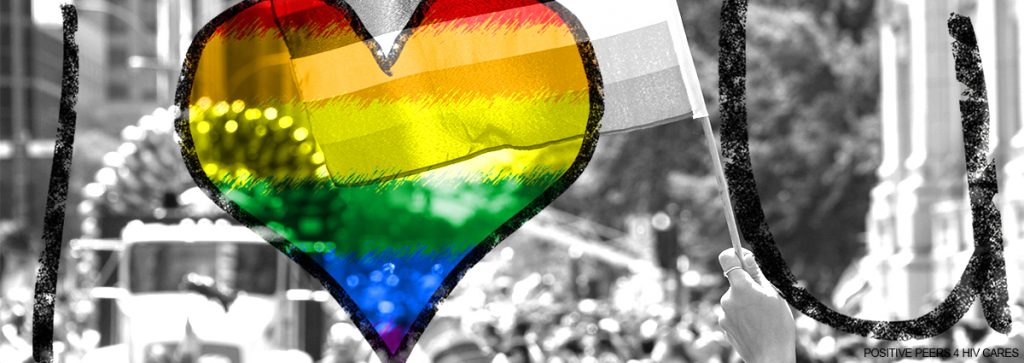
Stand up for your kid
Once your child comes out about their sexuality or gender identity, they’ll probably start getting negative feedback like teasing, bullying, or social isolation. You can’t fix every instance of this kind of behavior, but you can report it to school leaders and hold them accountable.
You also can insist that family members and people in your social circle respect your child. There’s always a fine line between being a supporter and doing things children need to figure out on their own. You won’t get it right every time, but finding those borders is better than doing nothing.
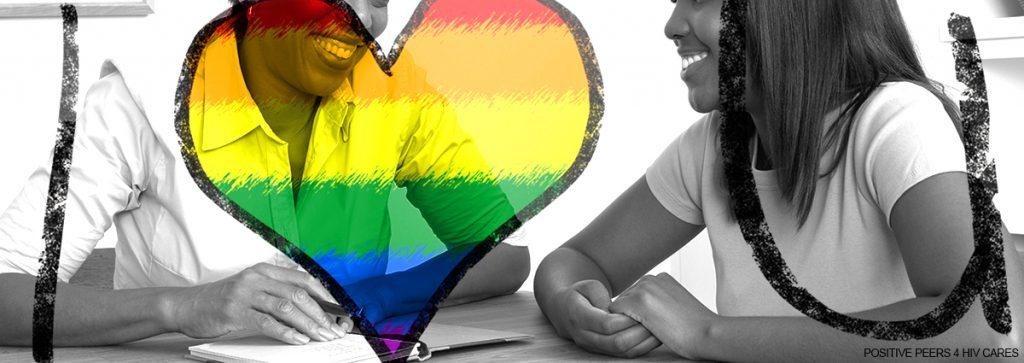
Get professional help if needed
You and your child may need a counselor’s assistance from time to time. We all have trouble fixing our problems because we’re too close to them to see a way out. We also tend to get set in our ways after people make us angry, defensive, or defiant.
A counselor can give you an independent perspective and help you see solutions that might’ve seemed invisible or out of reach to you.
Helpful resources for parents of LGBTQ people
These organizations and other resources should prove helpful:
My Kid is Gay. Co-founders Kristin Russo and Dannielle Owens-Reid provide a wealth of information specifically created for parents like you. | Visit their website
Human Rights Campaign. The largest civil rights organization working for LGBTQ equality. | Visit their website
PFLAG. A longtime support group for the LGBTQ community that educates parents, friends, and families. | Visit their website
The Trevor Project. Crisis intervention and suicide prevention services for LGBTQ youth. | Visit their website
Strong Family Alliance. Online resource for parents of LGBTQ youth. | Visit their website
Local resources
- LGBT Community Center of Greater Cleveland
- PFLAG Cleveland Chapter
- Rainbow Families Coalition of Cleveland
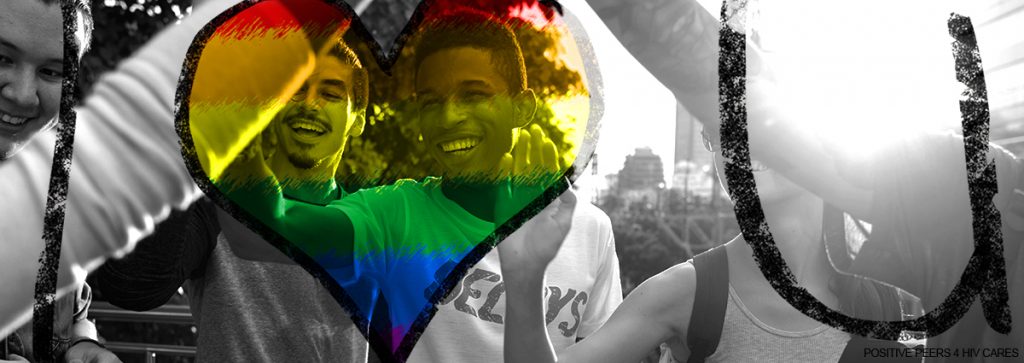
Giving LGBTQ kids love and support no matter what
Letting your kids be themselves is one of the hardest parenting jobs, especially if being themselves means they are likely to run into bullying and other hardships. One thing that can help you is to manage your emotional and mental reactions to their identity and sexuality.
You won’t always know what to do and you’ll probably make a lot of mistakes. You might have to say, “I’m sorry,” and work extra hard to make things right. Remember it’s okay if you need to seek help from time to time. Support groups and counselors can help you find the best way to deal with new information and challenges.
The most important thing is to make sure you’re showing your child that you love and support them. That’ll make all the difference in creating a successful future for both of you.
Related Blogs:


